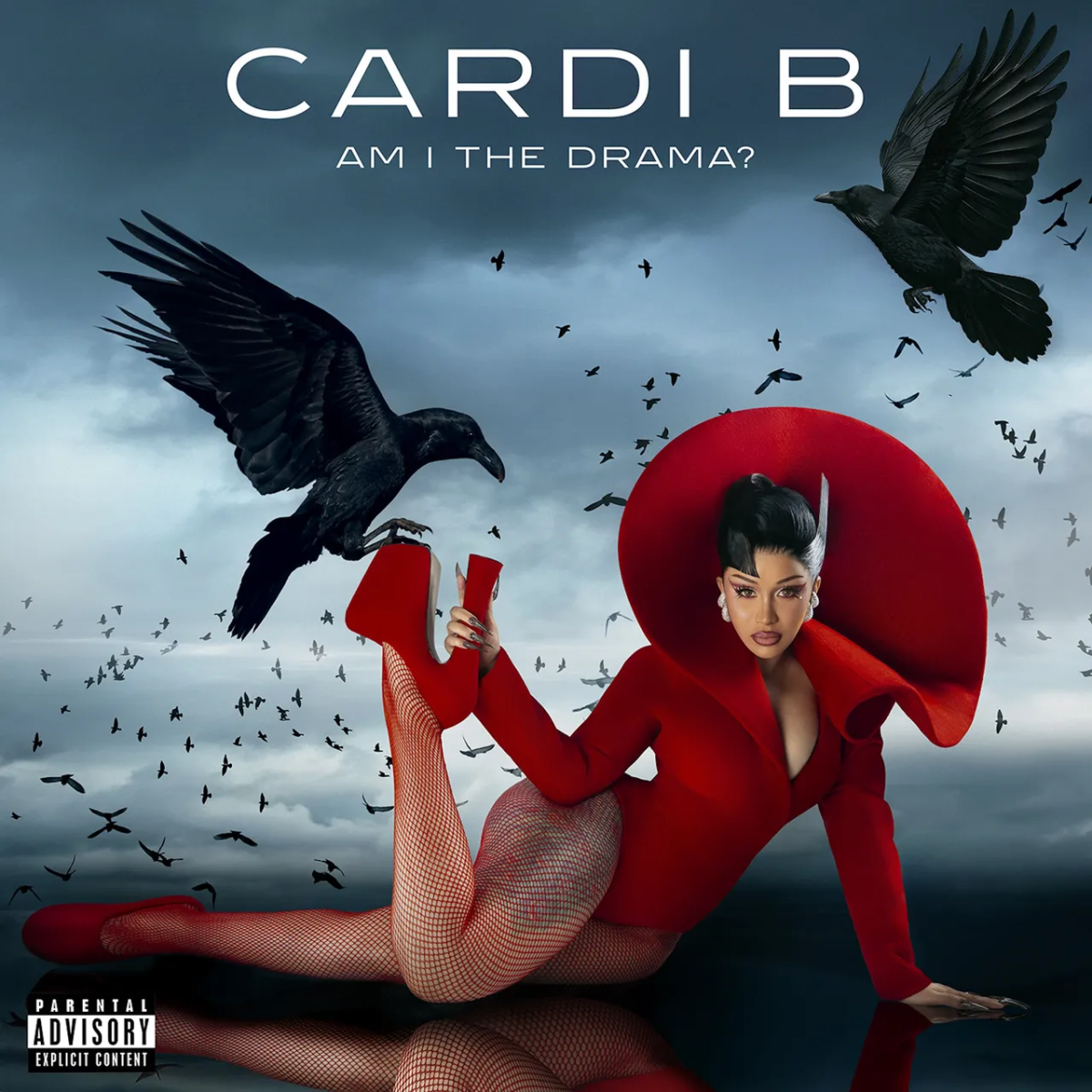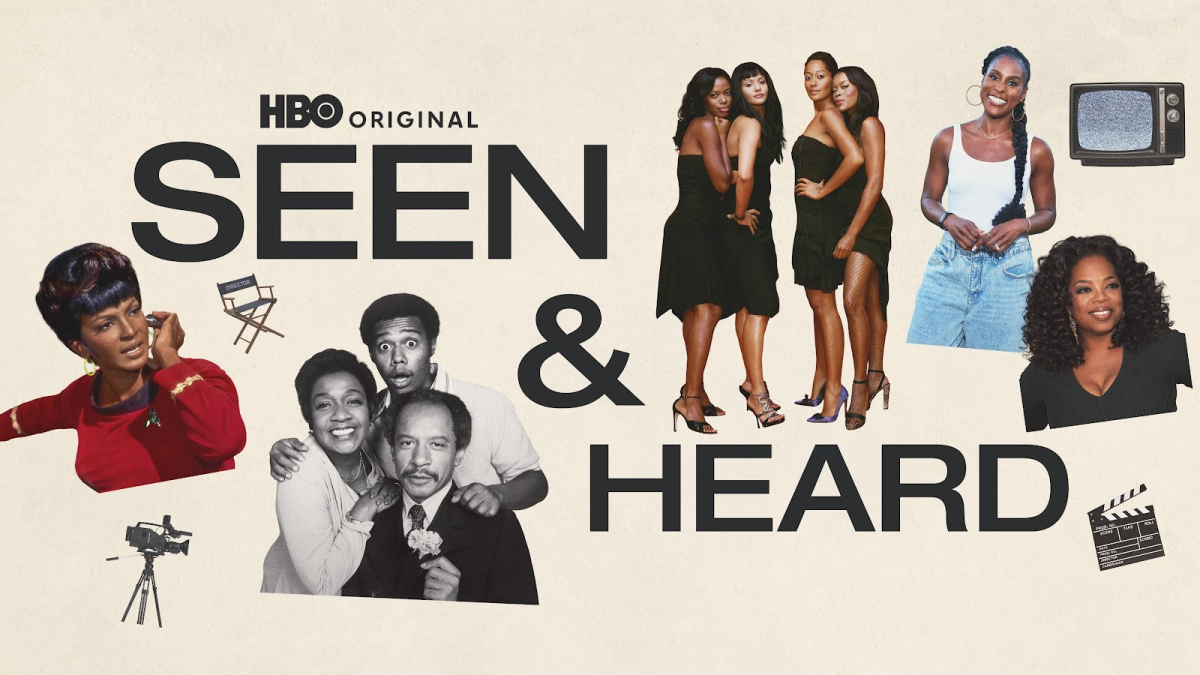Shelby Ivey Christie- Scene Editor
Last week, I was doing a little online shopping for GHOE and stumbled upon an image on NastyGal.com of a blue-eyed, blonde-haired, women modeling a “nightwalker vegan-leather du-rag” for $50.
I thought it was really odd. I mean even the wording was odd. A vegan du-rag?
I had two questions: Why does a white women need a du-rag? Also, why is this faux leather du-rag $50 when you can get a two pack at the beauty supply store for three dollars?
This product is representative of so many things that I do not even know where to start, but I’m going to focus on retail and how blackness has been reworked and sold to the white-American masses as trendy, fads.
In the first edition of the paper, I wrote a piece exploring pop-culture’s appropriation of black culture, citing Katy Perry and Iggy Azalea as the poster children. The term culture appropriation refers to the adoption of specific elements of one culture by a different cultural group.
In the entertainment industry big butts and pouted lips are being praised. Kylie Jenner, and once upon a time Angelina Jolie, was praised for her big lips. However, black women’s full lips have gone without recognition or adoration for centuries.
Iggy Azalea was credited by Vogue magazine as the “original trail-blazing butt girl,” after she released the song “Booty” with J. Lo. Black women have had thick thighs and round butts for as long as I can remember.
Appropriation of blackness does not just exist in entertainment but has taken on many forms, one being retail. It is safe to say that black is synonymous with trendy, and trendy always makes money.
Trendy sells. The appropriation of blackness generates a profit for retailers, which ends up in the pockets of white Americans. Blackness is adopted, repackaged and then sold.
What is trendy about black people you ask? Just about everything: Our slang, our style, our bodies and even our talents. If you’re thinking “but other cultures are appropriated, not just ours,” you are correct. But when other cultures are appropriated, for the sake of profit, their influence is acknowledged.
When you walk down the ethnic isle at the grocery store oriental products are often packaged with the name of the country they originated from, to highlight their authenticity. Describing an Asian dish as “Asian” builds the credibility of that product.
Well, why is a product that is obviously associated with blackness, like the du-rag, not being labeled with the cultural origin? Does describing a product as “black” make it less saleable? It would seem so.
Black spending power is about 1 trillion dollars but black wealth is declining. The Urban Institute report released last April revealed that the black/white wealth gap has widened significantly over the past 50 years.
Although blacks make up 13% of the U.S. population, we own only 5% of all U.S. firms and only 1.8% of companies that employ more than one person, according to Small Business Administration Report. Black owned firms are not necessarily the most profitable either.
More than half of black-owned businesses had less than $10,000 in business receipts, compared with one-third of white-owned firms and 28.8% of Asian-owned firms.
White America has adopted our cultural practices, our style, our talents and even our bodies. They have re-branded and repackaged blackness and sold it without any acknowledgement of our influence.
White-owned businesses are more profitable and more abundant than black-owned businesses and some of that profit is coming from the sale of products that are of black origin.
Cultural appropriation seems to be big business for retailers and those whose culture has been appropriated see virtually zero of that profit. Something isn’t right…
—Follow Shelby on Twitter at @bronze_bombSHEL and email her at [email protected]






